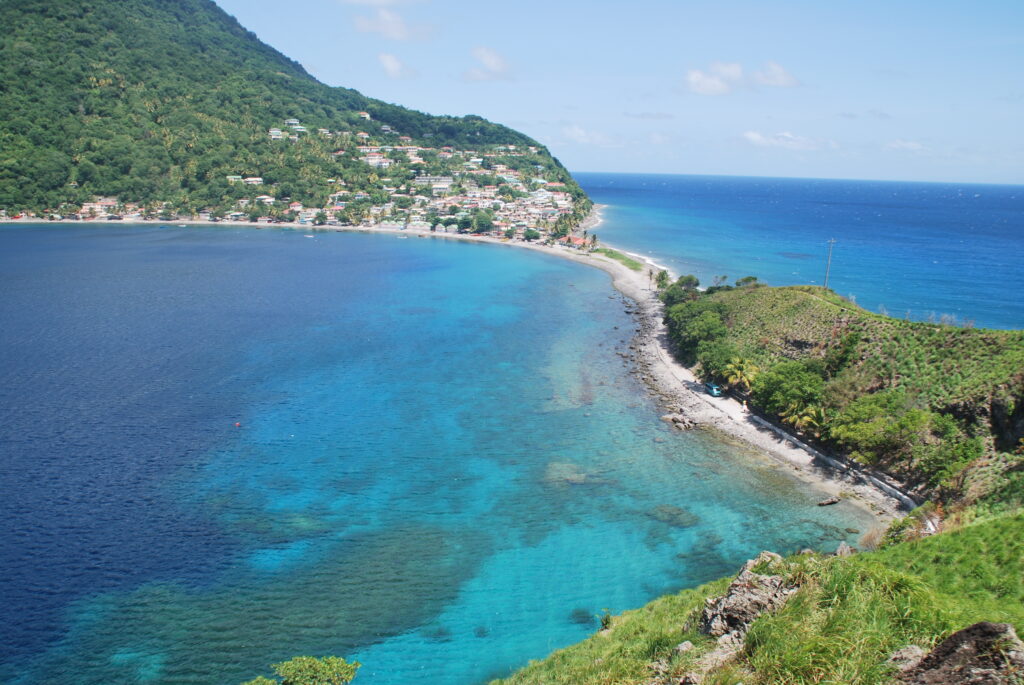Share
The Future of Sustainable Tourism: Lessons from 30 Years of Global Consulting

In an era where the word “sustainability” has become ubiquitous in tourism discourse, the challenge lies not in acknowledging its importance, but in implementing meaningful strategies that create lasting positive impact. At Leve Global, our three decades of experience across more than 100 countries has given us unique insights into what truly works in sustainable tourism development—beyond the buzzwords and marketing campaigns.
The Evolution of Sustainable Tourism
When we began our journey 30 years ago, sustainable tourism was often viewed as a niche market, primarily focused on environmental conservation. Today, it has rightfully evolved into a comprehensive approach that balances environmental stewardship with economic viability and social responsibility.
This evolution reflects a fundamental shift in understanding: true sustainability isn’t about preserving destinations in amber, but about fostering regenerative development that allows communities, ecosystems, and economies to thrive together.
Key Lessons from Three Decades of Global Consulting
- Sustainability Must Be Embedded, Not Added
One of the most critical lessons we’ve learned is that sustainability cannot be an afterthought or a separate initiative tacked onto existing tourism strategies. In our work developing the Climate Resilient Tourism Policy and Master Plan for Dominica, we discovered that the most effective approach integrates sustainability principles into every aspect of tourism planning from the outset.
This means sustainability considerations must influence everything from infrastructure development and energy systems to marketing strategies and community engagement. When sustainability becomes part of a destination’s DNA rather than a separate program, the results are transformative.
- Community Empowerment Drives Sustainable Success
Our experience has consistently shown that tourism initiatives succeed when local communities are genuine stakeholders, not just beneficiaries. In Saint Lucia, our development of the “Wild South East Coast“ Responsible Tourism Strategy demonstrated how community involvement leads to distinctive, authentic experiences that visitors crave while ensuring economic benefits remain within the community.
Our work in Dominica following devastating hurricanes showed that climate resilience isn’t just about disaster response but requires reimagining tourism infrastructure, diversifying products, and creating flexible systems that can adapt to changing conditions. The result was a tourism sector that could not only withstand future climate shocks but actually turn nature into a sustainable advantage.
- Data-Driven Strategies Outperform Intuition-Based Planning
The tourism industry has historically relied heavily on conventional wisdom and intuition. However, our most successful projects, such as the National Export Strategy for Jamaica that led to 15% export growth, demonstrate the power of rigorous data analysis in driving sustainable outcomes.
By leveraging market intelligence, visitor behavior patterns, and environmental impact assessments, destinations can make informed decisions that balance growth with conservation. This evidence-based approach allows for more precise interventions and better resource allocation.
- Cross-Sector Integration Maximizes Sustainability Impact
Tourism doesn’t exist in isolation—it intersects with agriculture, transportation, energy, waste management, and numerous other sectors. Our work in Abu Dhabi, which resulted in a 26% surge in tourism growth, succeeded largely because it integrated tourism development with cultural heritage preservation, infrastructure planning, and environmental management.
This holistic approach ensures that sustainability initiatives in tourism create positive spillover effects in other sectors, amplifying their impact and creating more resilient local economies.
Read more about The Future of Sustainable Tourism here.
Conclusion
After 30 years of consulting across the globe, perhaps our most important lesson is that sustainable tourism is not a fixed destination but a continuous journey of improvement and adaptation. The destinations that thrive will be those that embrace innovation, center communities in their development approach, build resilience against climate change, and view sustainability not as a constraint but as their greatest competitive advantage.
At Leve Global, we remain committed to our mission of elevating economies and empowering communities through tourism that is not just sustainable but truly regenerative—creating positive impacts that last for generations to come.
We would love to hear from you. Engage with us. Leave a comment below.
About the Author:
Kevon Wilson
Senior Analyst
Leve Global

Kevon Wilson, is a premier researcher and strategist. He has more than 16 years’ experience in research and digital marketing.
He is co-author of many of Leve Global’s research publications such as Big Data – Delivering the Big Picture to Drive Competitiveness, Everything You Need to Know About Internet Marketing, and The Top Ten Emerging Markets.
